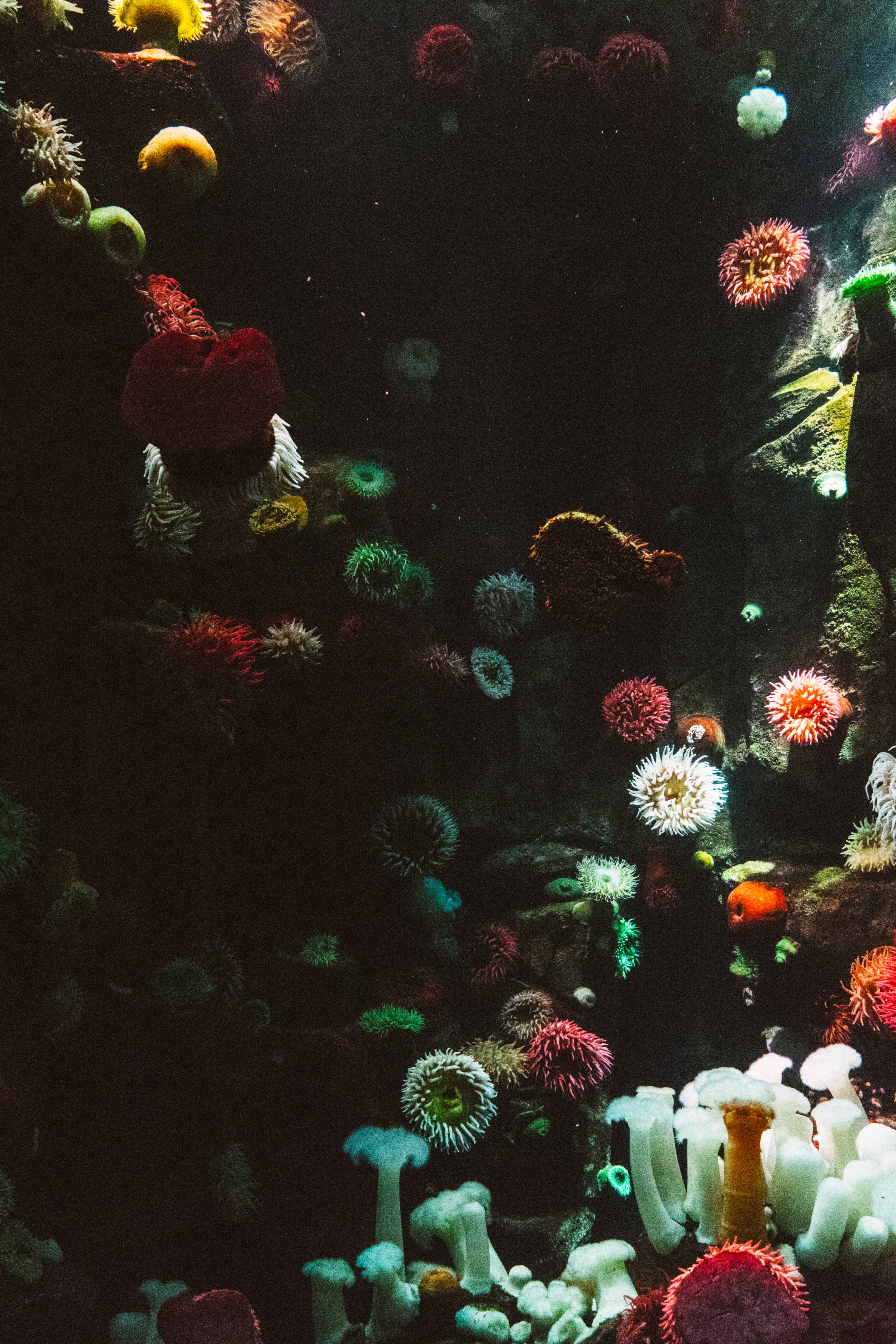Coming out of the "crazy" closet: introducing my depression

I was diagnosed with depression a year ago. It was straightforward, quick and unsurprising, like waking up slowly. I’d known for six years; the difference was now it would be official, and now I would start taking medication.
My first-ever triggers were heartbreak and culture shock. Sailing in from a different country towards plain, grey Manila, all the while leaving behind someone I thought could be the one—it became too much for my naive, freshman system to take. Other triggers and causes would hunt me and haunt me in the years to come, but they would matter less each time. My consistent companions were the episodes and the symptoms.
I lost a lot of myself in those winter years. I gave up opportunities and people who could have been great friends, all because I didn’t feel like it. I underperformed in school and work, I didn’t feel a lot of passion, and I altogether looked like a simple shadow of who I was and who I thought I could be.
What hurt me the most were, paradoxically, the recovery phases. There would be in-between seasons when I would feel productive, motivated and passionate again. Like the winter had passed and it was spring. Because of those good days, the self-doubts would roll in quick like thunderclouds, convincing me that I didn’t really have a condition and I was simply making excuses to be weak. Then a depressive episode would find me, and a new cycle would begin.
Getting professionally diagnosed was one of the best things to ever happen to me, for two reasons. First, I got the help I needed. I’ve been on medication three months and I already feel an improvement. I’m the most inspired, motivated and social I’ve been in years. I’m far from rainbows and unicorns, but everything looks more like potential and less like liability.
Secondly, it’s made me an active mental health advocate. “Depression is the common cold of mental illnesses,” psychologists like to say. Common folk don’t think so, never mind that there were an estimated 4.5 million depressed Filipinos in 2015. Learning about the condition over time included meeting people who had a variety of diagnosed and undiagnosed mental illnesses. I met at least ten in the last six years, and those were only the people who opened up to me.
I’m open about my condition because it reaps awareness and inspires others to possibly get treatment for themselves or their loved ones. Whenever I speak openly about mental illness, my experiences, and my treatment, people begin approaching me to ask how they can seek help or be supportive.
I recognize that I’m lucky to have friends, family, and work-mates who are understanding and open-minded, while many others find coming out to be much more challenging. That’s why I’m working more and more to dispel misconceptions and stigma surrounding mental health conditions.
Lucky as I am, there are still challenges in the way even my closest friends perceive my condition. They worry that I’ll be dependent on the medication. I am, just as we’re all biologically dependent on certain chemicals in our brain. The difference is my system isn’t producing those chemicals properly, and that’s why I take medication. I don’t see this as a bad thing.
When I’m asked how long I have to be on treatment, the short answer is: as long as I need to. Maybe even for life, and a big part of me doesn’t mind. The medication allows me to be a good person, a good friend, a good daughter and a good sister. If it enables me to live the life I know I want to have, then I don’t mind.
Like most medication, there are side effects and they vary from person to person. Myself, I have a fluctuating appetite and sleep pattern, while I’ve known people to have dreams so vivid they feel like they’re living a second life at night. This is because depression isn’t fully understood by scientists and the medicine isn’t perfected. I wish this wouldn’t be a deterrent to people, rather a reason to support mental health research and efforts.
Am I afraid of people thinking I’m crazy? A person who thinks I’m crazy just doesn’t understand the condition, and that’s why I actively spread awareness. It’s also why I seek to take control of my depression and live life as best as I can, so that I can show the world that the stigma is irrational and unnecessary; that it’s possible to need help and still be powerful. I can think of no better way to be an advocate than to be living proof of what I’m promoting.
My advice to those struggling with mental illness is this: get help in any way possible, live life as best as you can, and trust that you matter just by existing.
Welcome to Steemit missmansanas and I'm sure you'll have a great time here!! :)
I like your post and the honesty in it. I also suffered from depression and I corrected it with my diet. I no longer eat anything with processed sugar. It was a game changer. I know other friends who also gave up sugar and they had similar results.